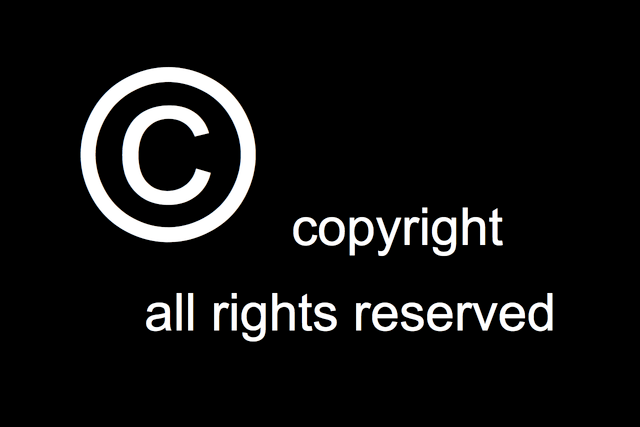Copyright vs Intellectual Property
Understanding the difference between copyright and intellectual property is straightforward. Although the terms are related, they refer to distinct concepts. Intellectual property is a broad term, while copyright is a specific form of protection for intellectual property.
What is Intellectual Property?
Intellectual property is defined as an intangible creation of the human mind expressed in a tangible form, and it is assigned certain rights of property. It represents something original and unique. An original idea does not constitute intellectual property unless it is expressed through a tangible form, such as writing the words of a song. Intellectual property includes novels, music, dance, inventions, and more.
A person owns intellectual property if they created it or bought the intellectual property rights from the creator. Intellectual property can have multiple owners and can be sold or transferred. Examples of intellectual property include books, inventions, music, words, phrases, designs, logos, and product or brand names.
Intellectual property law aims to protect the exclusive rights of creators of original works, such as copyrights, patents, trademarks, and trade secrets.
What is Copyright?
Copyright is a form of protection granted to owners of intellectual property. It is defined as the legal, intangible, and exclusive right of the creator of an original work or invention to prevent others from reproducing, preparing derivative works, distributing, performing, displaying, or using the copyrighted work for a specific period.
The owner of intellectual property can sell or transfer their copyright to others, such as publishers, distributors, or recording companies. Copyright protects the expression of a person’s idea and allows the creator of the original work to benefit financially from their creative efforts.
Examples of copyrighted works include books, music, drama compositions, lyrics, pictures, sculptures, architectural works, choreography, and sound recordings. Violation of copyright constitutes copyright infringement. Copyright does not protect ideas but rather the expression of ideas, meaning the original work must be in tangible form to receive copyright protection.
Key Takeaways
- Intellectual property is an intangible creation of the human mind expressed in a tangible form and assigned certain rights of property.
- Copyright is a form of protection granted to owners of intellectual property, giving them the exclusive right to reproduce, publish, or distribute their work for a specific period.
- Intellectual property includes books, music, inventions, and more, while copyright protects the expression of ideas within those works.
